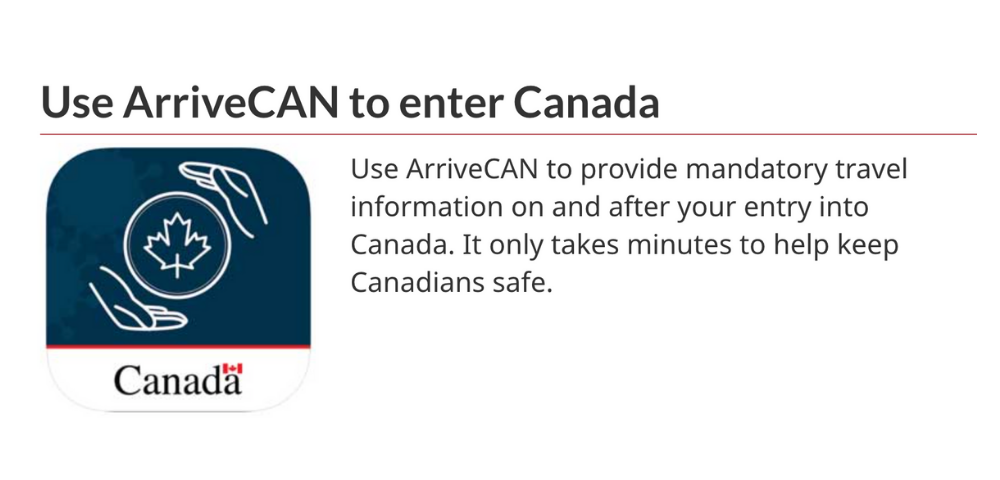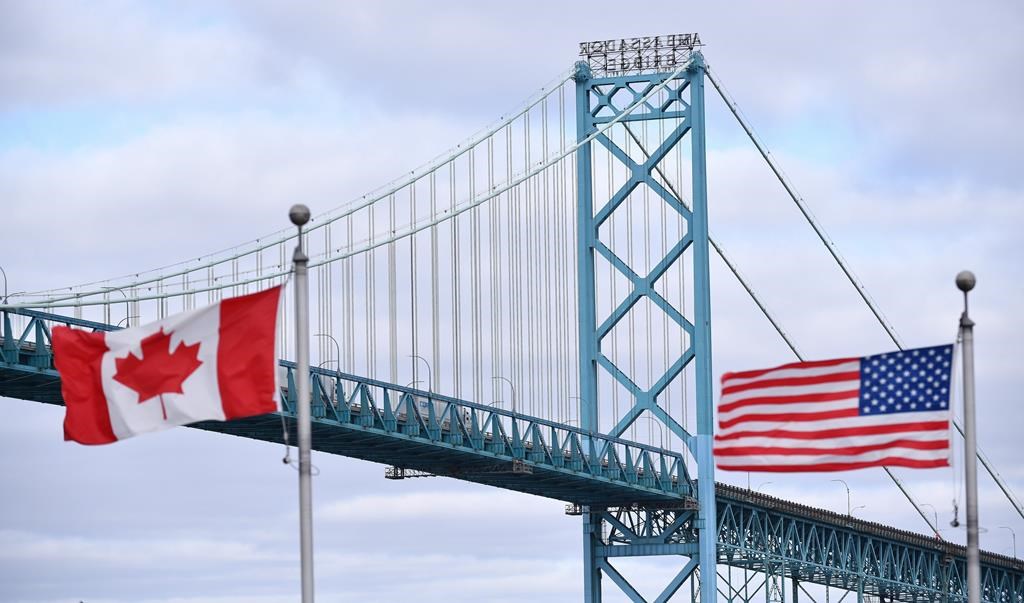Fully vaccinated Canadian’s will no longer need to quarantine upon their arrival back into Canada.

Photo Credit: CP24
COVID-19 rules and regulations are beginning to ease in Canada. The Government of Canada announced that effective July 5th fully vaccinated Canadian travellers will not have to quarantine.
Likewise, fully vaccinated travellers will not have to partake in the mandatory hotel quarantine or testing on the eighth day after their arrival. However, regardless of being fully vaccinated upon your arrival, you will still need to provide a negative COVID-19 test result. The Canada Border Service Agency notes that these exceptions do not pertain to fully vaccinated travellers arriving by boat as well as, partially vaccinated travellers.
In order to be considered a fully vaccinated person by the Government of Canada, you must have received the full series of an accepted COVID-19 vaccine or a combination of accepted vaccines. Accepted vaccines include Pfizer-BioNTech, Moderna, AstraZeneca/COVISHIELD and Janssen (Johnson & Johnson). Additionally, you must be eligible to enter Canada and have received your last dose 14 days before you enter.

Photo Credit: Ackah law
You will need to provide all relevant information to ArriveCAN in order to be recognized as a fully vaccinated person. Officials say your proof of vaccination, a possible quarantine plan and travel information need to be electronically submitted to ArriveCAN. You can download the ArriveCAN mobile app or accesses it online.
‘Phase 1 of easing border measures for travellers entering Canada’ outlines the following; “Final determination regarding exemptions is made by a government representative at the border based on the information presented at the time of entry into Canada, which is why a quarantine plan is still required”.
It goes without sayings that the Government of Canada still advises Canadian permanent residents to avoid non-essential travel outside of Canada. The Canada Border Service Agency has not loosened border restrictions surrounding discretionary travel like tourism, entertainment and recreation. This means that if you were unable to travel before the July 5th announcement you are still unable to.

Photo Credit: 660 News
Travel restrictions shared with the United States currently allow for Canadian and American essential workers, international students and trade to travel to and from one another. Come July 21st, this may include discretionary travel but, this has yet to be confirmed.


